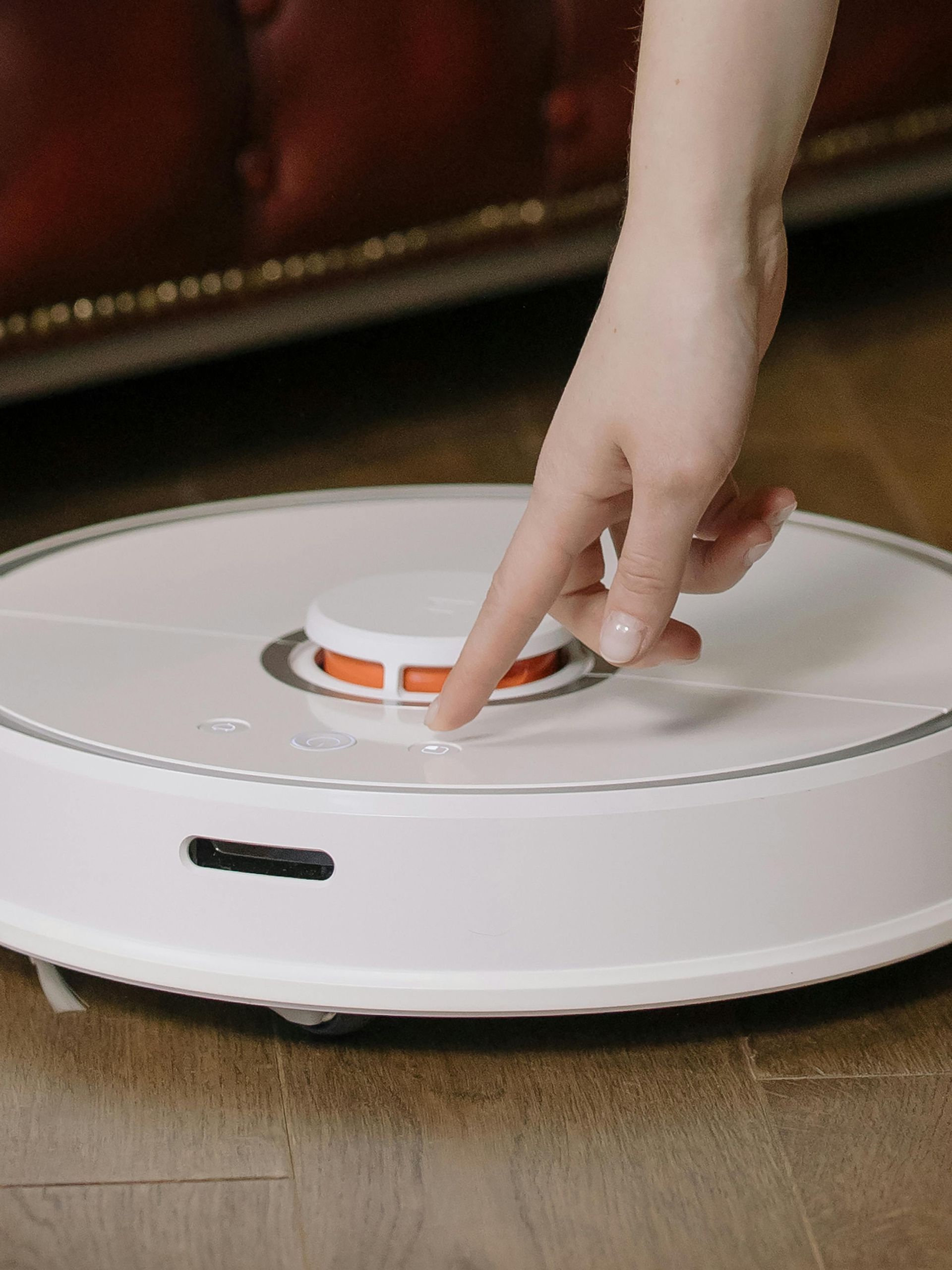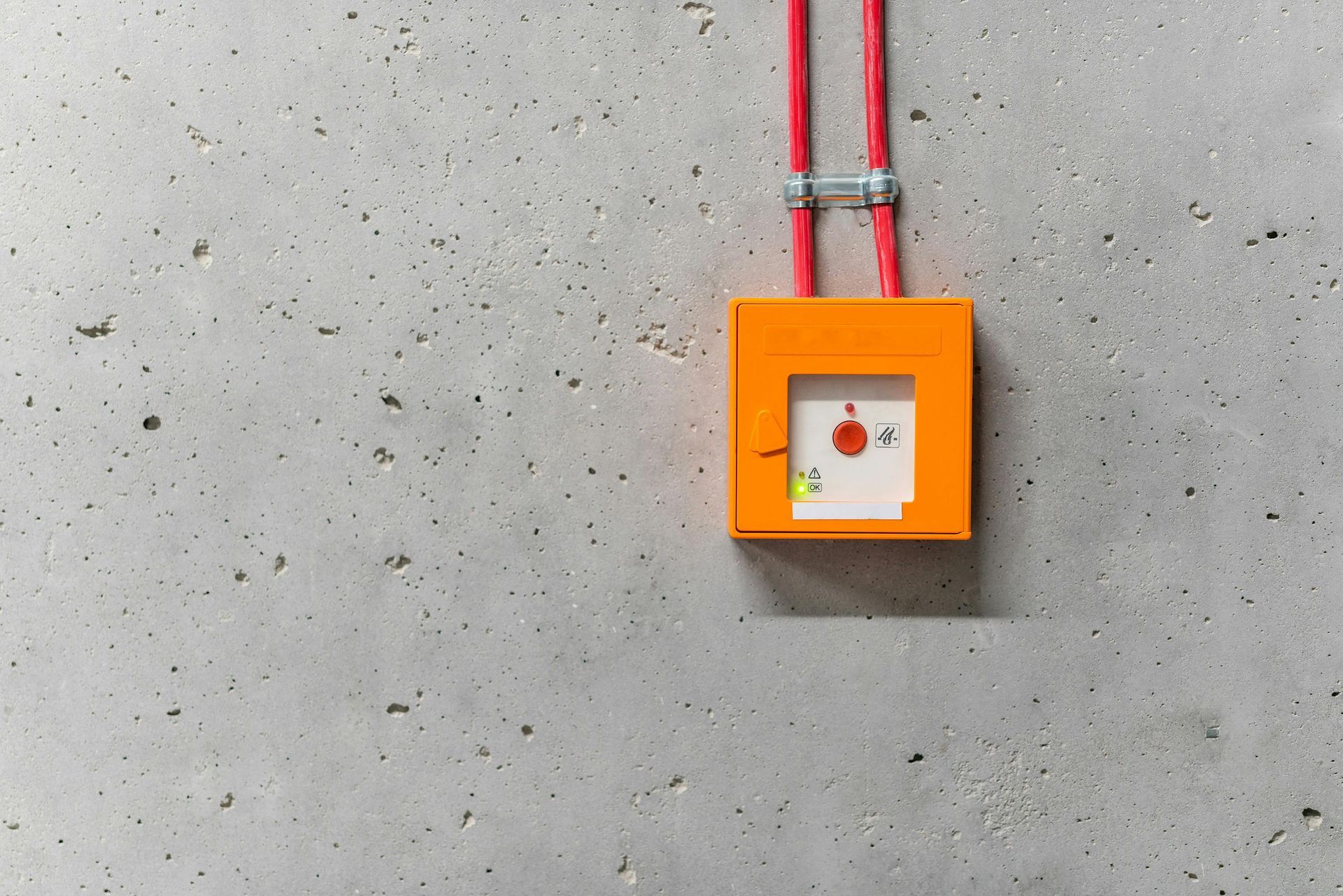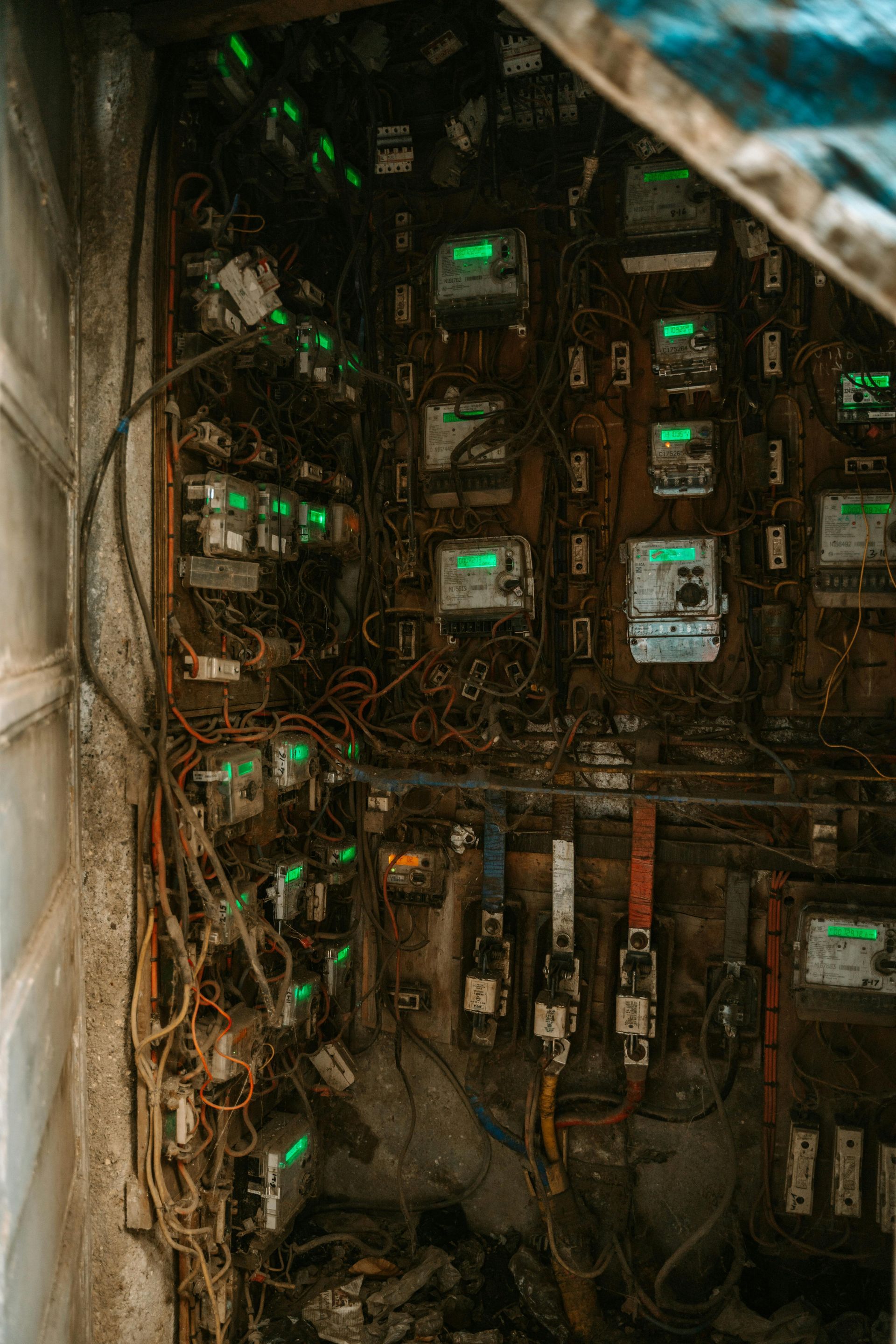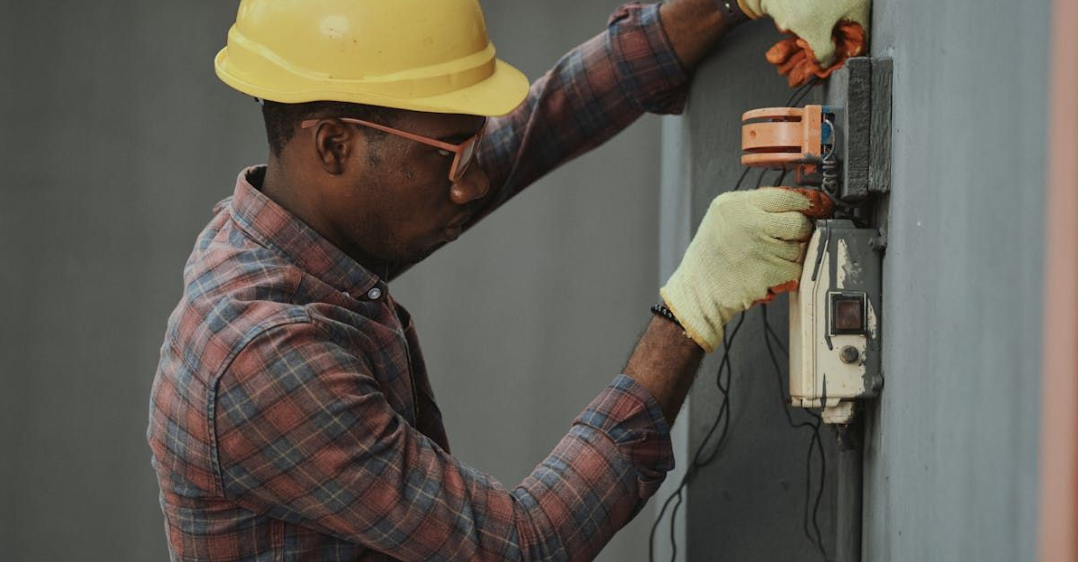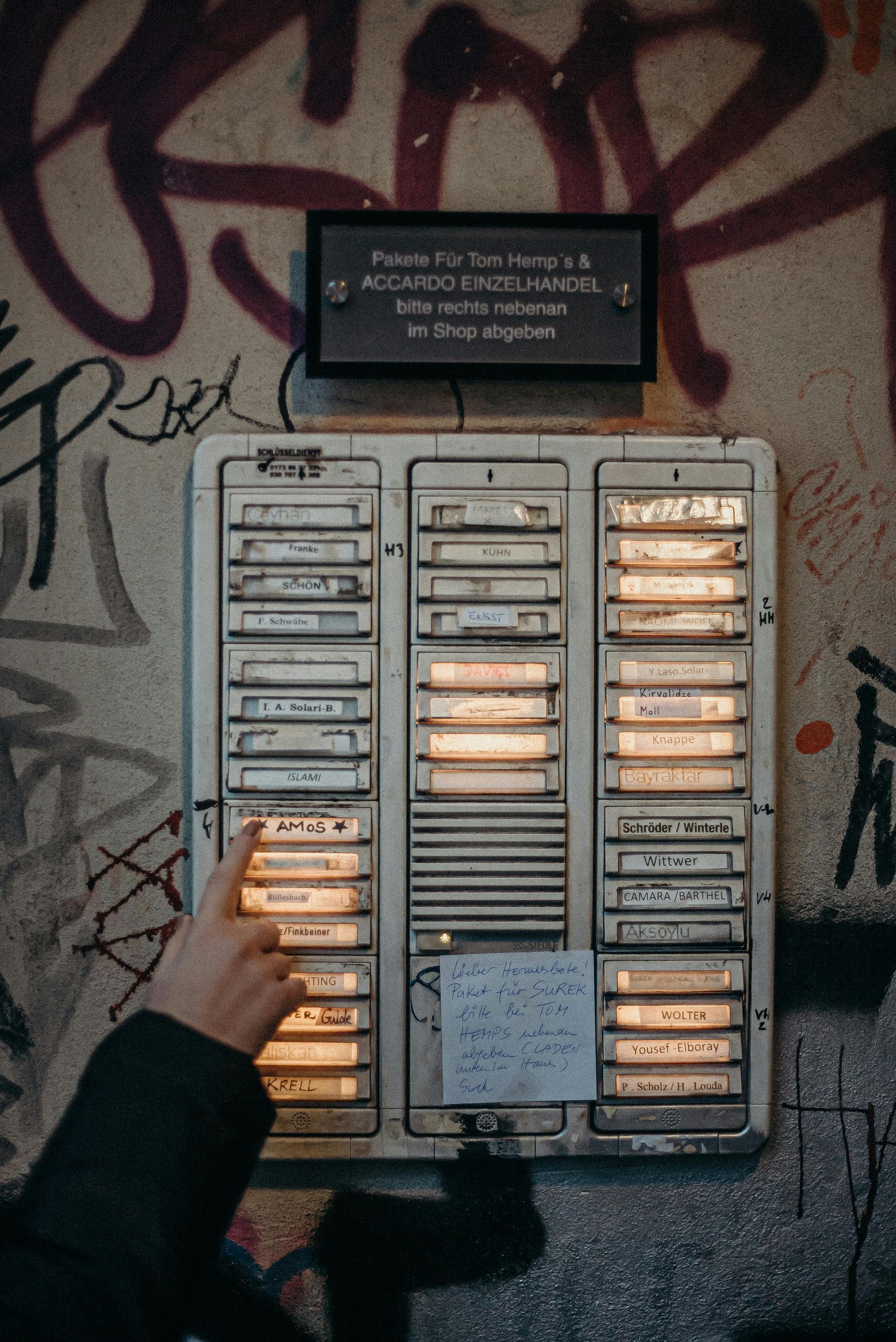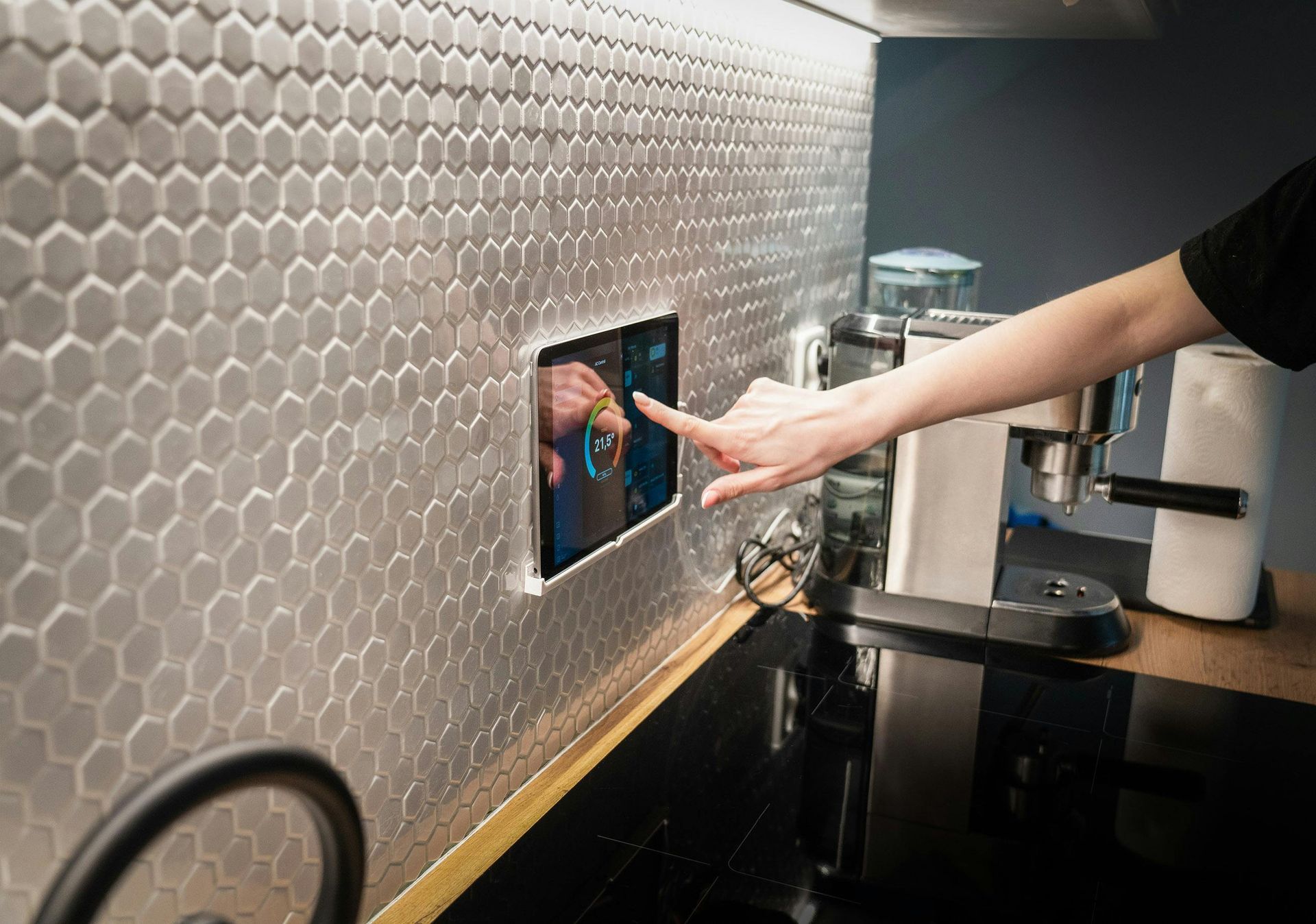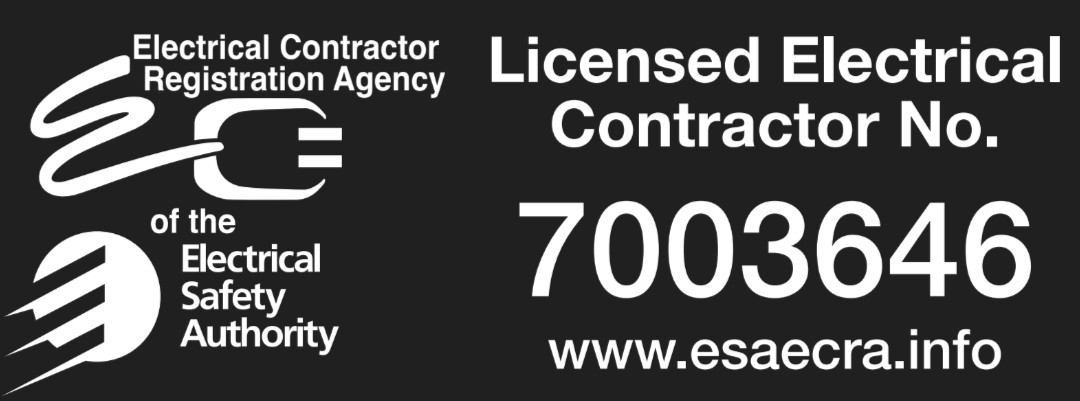Power Outage at Home? VISCA Electric’s Safe Step‑by‑Step Checklist (Canadian Edition)
When the lights suddenly cut out, it’s more than an inconvenience—it’s stressful. Is it just your place or the whole block? Is the panel humming? Can you smell something burning? This quick checklist walks you through what to do right now, what to avoid, and when to call VISCA Electric for Emergency electrical service. With 30+ years serving Canadian homes and businesses, our licensed team is here 24/7 so you can get back to normal—safely.
Step 1: Make safety your first move
Ask yourself: Do you see downed lines? Is there water near the electrical panel? Is there a burning smell?
- Stay back from downed lines. Keep at least 10 metres (about a bus length) away and call 911. Always assume a line is live.
- Flooded area? Don’t go in. Never enter a flooded basement or room if water touches outlets, appliances, cords, or the panel. If you can’t reach the breakers safely, call your utility to disconnect power at the meter.
- If you detect burning odours, smoke, arcing, or sizzling at the panel, evacuate and call 911. Once you're safe outside, contact VISCA Electric for Emergency electrical service.
Step 2: Check what’s out—and protect your equipment
Questions to consider: Do your neighbours have power? Are only certain rooms dark?
- Confirm the scope. Look outside: if streetlights or neighbours are lit, the issue may be on your side (breaker, main, or a fault).
- Check your breakers—but only if they’re dry. If safe, open the panel, look for a tripped breaker, and reset it once to ON. If it won’t hold, don’t force it.
- Unplug sensitive electronics. Turn your thermostat down and leave one light on so you’ll know when power returns. Use flashlights, not candles.
- Keep fridges and freezers closed. If the door stays shut, a full freezer can keep food frozen for 24–48 hours, which is handy during lengthy outages.
Are you not sure if it’s safe to touch the panel or if you keep losing the same circuit? If so, that’s a sign to call our Emergency electrical service line.
Step 3: Heat, light, and carbon monoxide (CO) safety
Ask yourself: How are you keeping warm? Where’s your generator placed?
- Never use barbecues, camp stoves, or fuel‑burning heaters indoors (including garages). CO is odourless and can be deadly. If a CO alarm sounds: get outside and call 911.
- Portable generators belong outdoors—well away from the house. Operate fuel‑burning units at least 6 metres (20 feet) from any building, direct exhaust away from windows/doors, and keep CO alarms working.
- Use a proper connection. Never plug a generator into a wall receptacle (“backfeeding”). If you want to power circuits in your panel, you need an approved transfer panel and switch installed by a qualified electrician.
Step 4: Thinking about generator backup? Do it the right way
A safe, code‑compliant setup protects your family and utility workers.
- Transfer equipment only. Whole‑home or partial‑home backup must be connected through a transfer device set up by a licensed electrician—no exceptions.
- Know the code. Across Canada, installations follow the Canadian Electrical Code, Part I (CSA C22.1:24)—the national safety standard forming the backbone of electrical installations. Provinces adopt it (often with amendments).
- Example—Ontario: The
Ontario Electrical Safety Code (2024 edition) adopts CEC Part I with provincial amendments; the current update took effect May 1, 2025. VISCA Electric keeps your project aligned with the latest requirements.
Step 5: When the power returns
Ask yourself: Are devices still unplugged? Do any GFCIs need a reset?
- Stage the restart. Give the system a moment to stabilize: turn up heating thermostats first, reconnect the fridge/freezer, and wait 10–15 minutes before plugging in other appliances to reduce surge risk.
- Do a quick walk‑through. Check for tripped GFCI/AFCI devices, warm outlets, or unusual sounds at the panel. If anything seems off, call Emergency electrical service—don’t push your luck.
Quick Q&A: Fast answers in the dark
- “Is it just me or the whole street?” Look outside; if neighbours have power, it’s likely on your side—call VISCA Electric.
- “Can I run the car in the garage to charge my phone?” No—CO can build quickly even with the door open. Use a battery bank or charge in fresh air outside.
- “How far from the house should the generator be?” At least 6 metres (20 feet) and never in enclosed spaces.
- “What if a line is down on my property?” Stay back 10 metres and call 911, then your utility.
When to call VISCA Electric (right now)
- Repeated breaker trips or partial power in parts of the home
- Flickering lights with a buzzing or hot panel
- Water near the panel, outlets, or baseboard heaters
- Safe generator hookup (temporary or permanent) and transfer switch installs
- Any time you need fast, professional Emergency electrical service
VISCA Electric handles residential, commercial, and industrial calls—from storm‑related faults to panel repairs, lighting, surge protection, smart systems, and clean generator tie‑ins. We work to Canadian standards, prioritize safety, and keep your downtime short.

